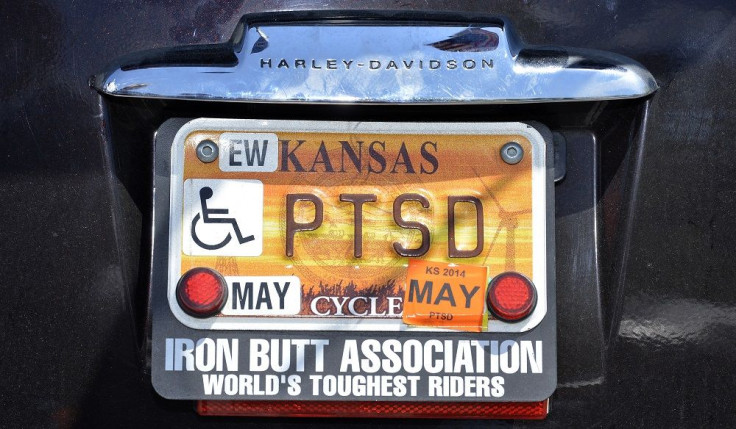DEA approves further research that directs PTSD to medical marijuana

The US Drug Enforcement Administration (DEA) has slightly loosened its grip on its tight views against medical marijuana when it gave its permission to study the effects of medical marijuana on post-traumatic stress disorder (PTSD) on April 20. For the first time, the DEA-approved clinical studies regarding the benefits of using the marijuana plant as a legal medical drug. Reports from the Military Times revealed that the DEA has approved the first randomised controlled PTSD research in the country. According to marijuana advocates, the unofficial pot-smoking holiday may have been over but it shed new light regarding the DEA’s view on medical research.
.Marijuana use and PTSD
The latest move by the DEA has opened new doors in terms of medical marijuana research especially for PTSD among veterans. The National Center for PTSD issued a paper tackling cannabis use among veterans battling PTSD.
There have not been controlled studies that evaluate the safety or effectiveness of marijuana use for PTSD. But neurobiological research consistently points out to the human endocannabinoid system as an important factor in PTSD. The research showed that patients with PTSD showed increased receptiveness to the cannabinoid type 1 (CB1) receptors, as compared to healthy individuals.
The marijuana plant, according to the same PTSD paper, contains about 480 components or cannabinoids such as delta-9-tetrahydrocannabinol (THC), cannabidiol (CBD), cannabinol (CBN), and cannabigerol (CBG). Consequently, marijuana can vary in cannabinoid concentration where its potency can differ which can affect its result when used. Marijuana can be consumed in various forms like hash, oil, wax, and food products.
Colorado funding
In 2014, the state of Colorado received $7.6 million grant to fund eight medical marijuana studies which included a $2 million grant to the Multidisciplinary Association for Psychedelic Studies (MAPS) research on veterans battling with combat-related PTSD, a 2015 Military Times wrote .
According to MAPS founder and executive director, Rick Doblin, the award is a leap towards the growing acceptance of marijuana for medical purposes.
“As the very first public funding that MAPS has ever received in our 28½-year history, the award clearly shows that attitudes are improving about research into the therapeutic benefits of Schedule I drugs,” Doblin told the MT.
Prior to the Colorado grant money, the MAPS had already received an approval from the Federal Health and Human Services Department on its 22-year research regarding medical marijuana treatment for PTSD in US veterans. But certain circumstances led to the delay of the program, until the DEA’s recent approval.
DEA’s four-decade battle against Marijuana
Since its inception about 40 years ago, the DEA was tasked to enforce federal drug laws according to the Controlled Substances Act. But marijuana advocates claim that the DEA has failed to exercise its responsibilities in a fair and partial manner.
The agency, in a Drug Policy report titled, “ Four Decades of Impeding And Rejecting Science , ” revealed how the DEA failed to act in a timely manner regarding petitions on rescheduling marijuana. Historically, DEA has denied any motion to reschedule marijuana from its current schedule I to schedule II on the Controlled Substance Act, saying there is no sufficient evidence backing the medical claims. It took over three decades to issue its decision regarding three motions to reschedule marijuana. The first took 16 years for the agency to issue its final decision while the second petition took about five years. The third petition took nine years.
Regarding petitions for research, it took the DEA about 12 years and a lawsuit, just to have the request denied.
The plant’s growing acceptance
Innovations in technology, less strict regulations, and increased research have created various cannabis extract products that can be used for medical purposes. Los Angeles-based medical company, Med-X, which also runs on the first Regulation A+ crowdfunding initiative, has innovated an all-natural and alternative solution for cannabis cultivators. The medical cannabis company supports research development and manufacture of safe and effective products for the medical cannabis industry.
“I think you know that's one of the reasons why you know we're a company that really is focused on protecting the public and being focused on what marijuana really needs to be used for. I think that we need to slow down in recreational and start really accelerating on the medical side making it safer,” answered Med-X COO Matt Mills during his interview with Cenk Uygur.
To date, there are 24 out of 50 states that have legalised marijuana for medical use.






